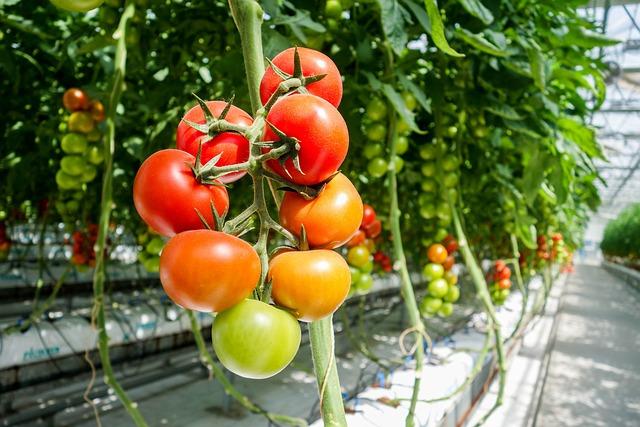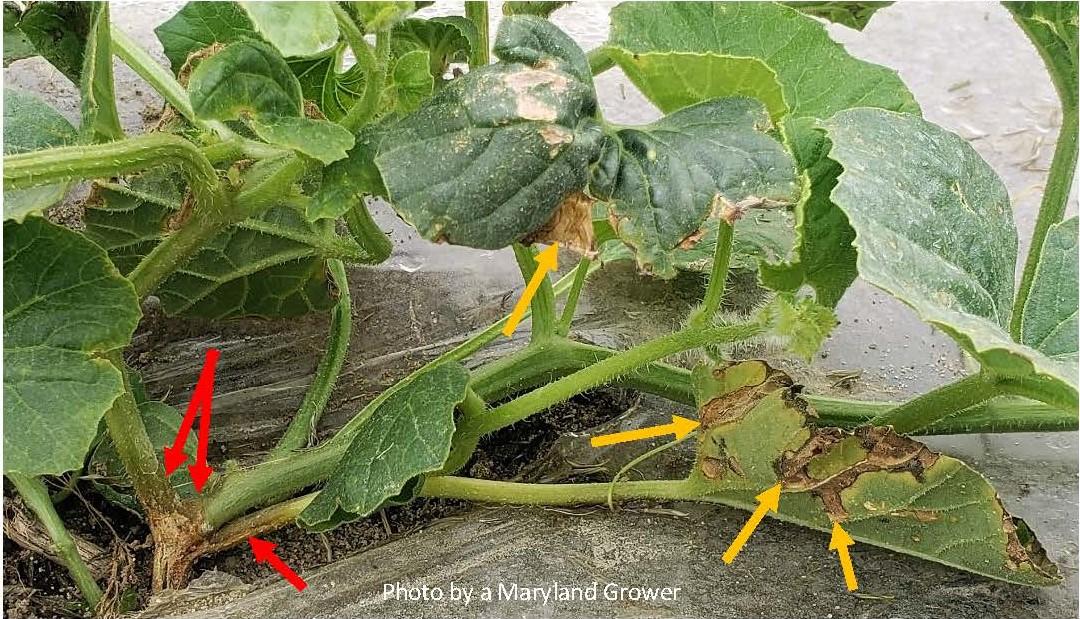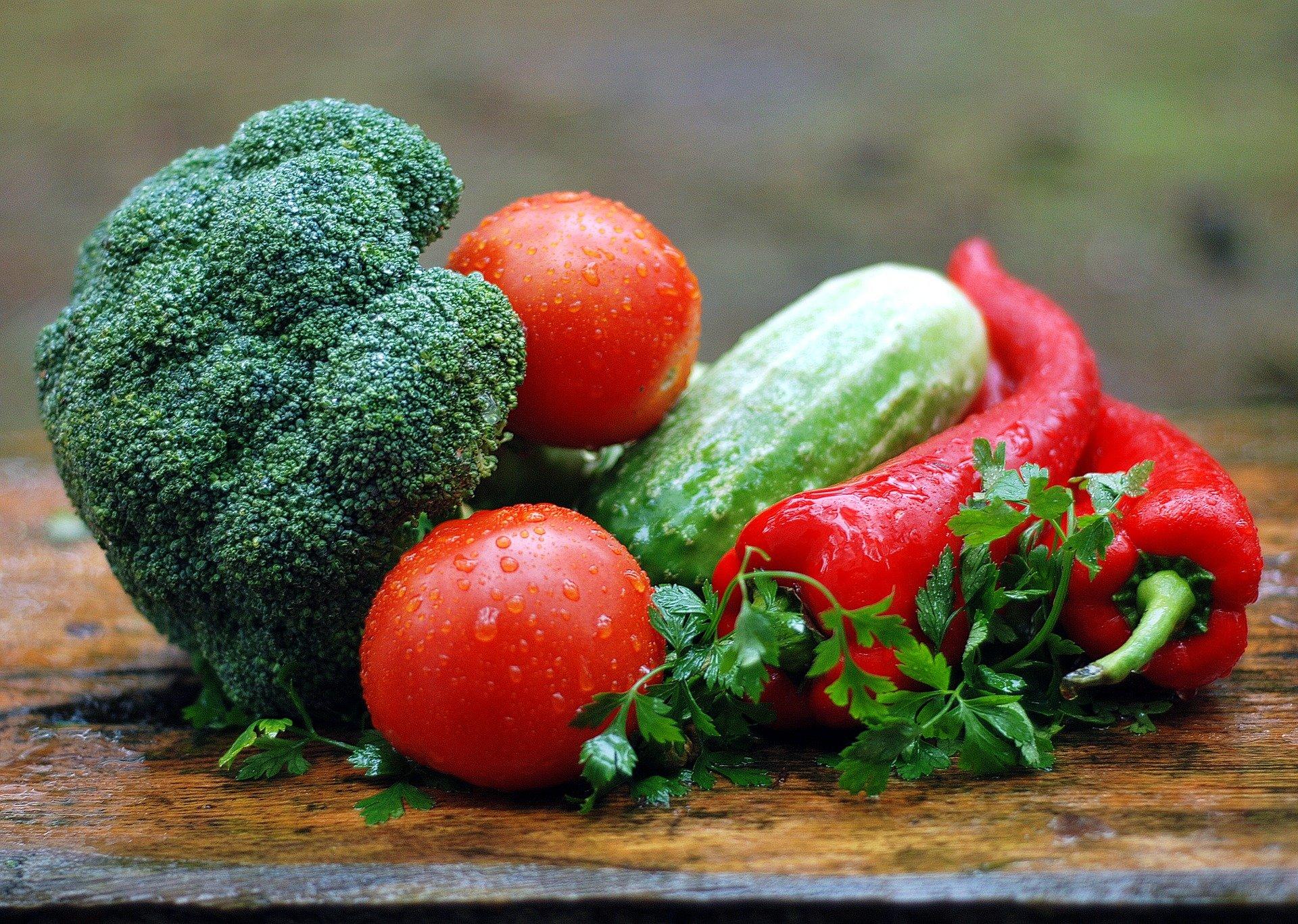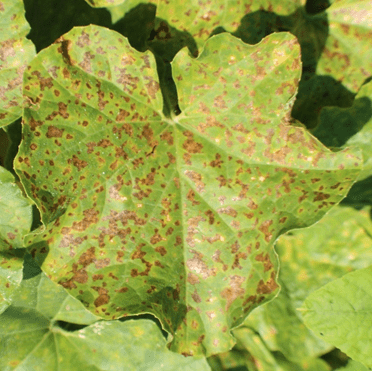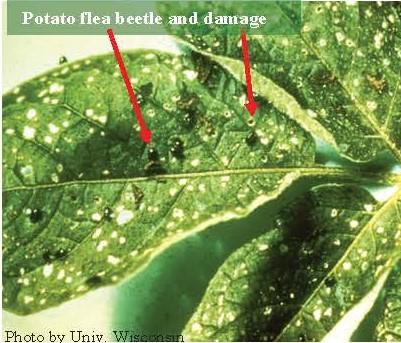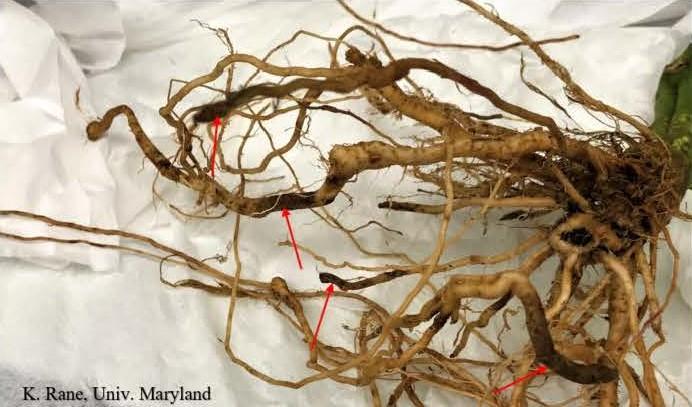The University of Maryland Vegetable Program implements Integrated Pest Management (IPM) principles across all commercial vegetable production systems, including both conventional and organic operations. IPM is a decision-making framework that integrates pest biology, crop production practices, and environmental conditions to manage pests in the most effective, economical, and environmentally responsible manner. This approach combines multiple compatible strategies—such as cultural, biological, genetic, and chemical controls—to prevent pests from reaching economically damaging levels. By relying on current knowledge of pest life cycles and their interactions with cropping systems, IPM enables growers to make informed, field-specific management decisions. While organic production follows many of the same IPM principles, pesticide use is limited to products derived from natural sources. The implementation of IPM in commercial vegetable systems helps reduce the risk of pesticide resistance, lower input costs, minimize worker and consumer exposure to pesticides, and lessen the overall environmental impact of pest management.
For backyard gardens, please check out more information on our Home & Garden Information Center's website (HGIC).
-
-
-
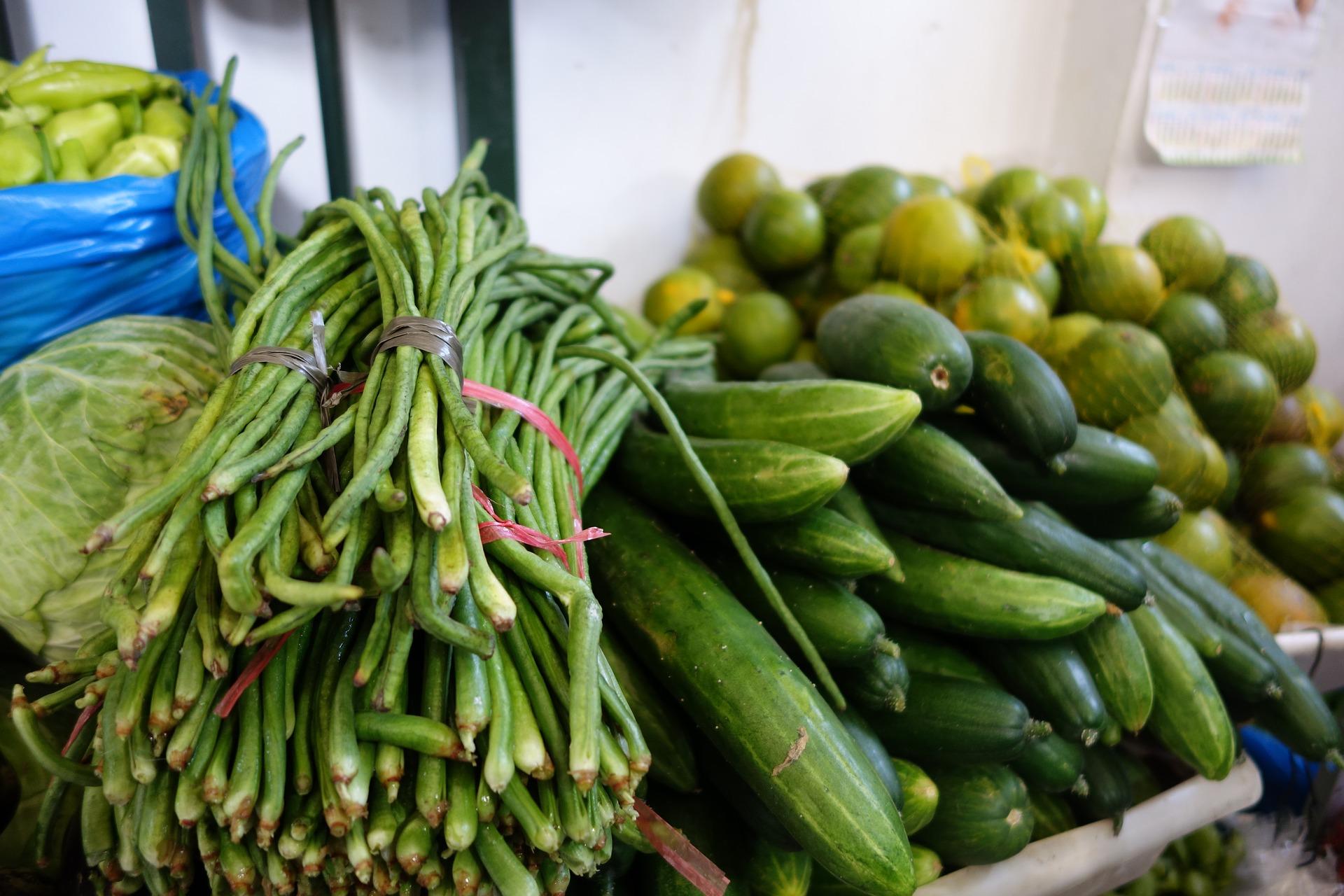
Mid-Atlantic Commercial Vegetable Production Recommendations
Mid-Atlantic Commercial Vegetable Production Recommendations -
-
-
-
-
-
